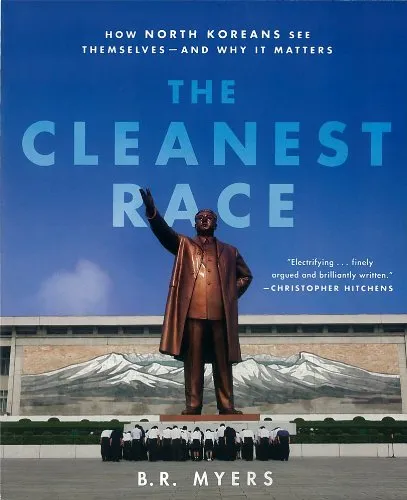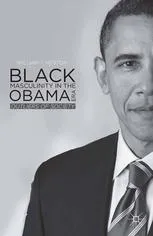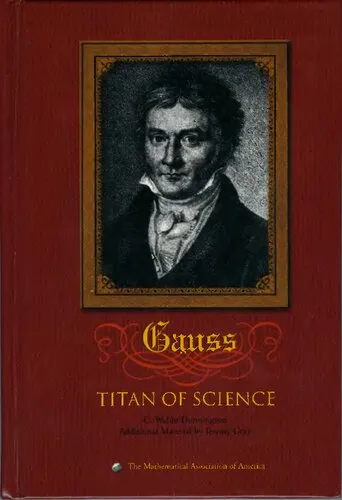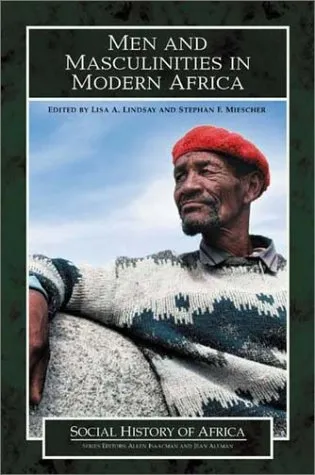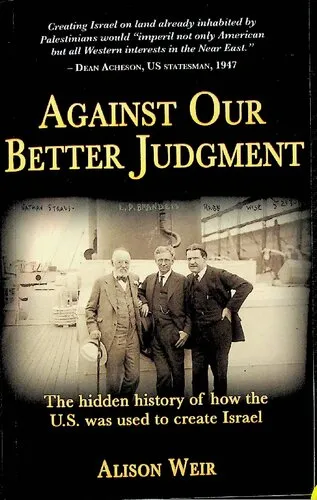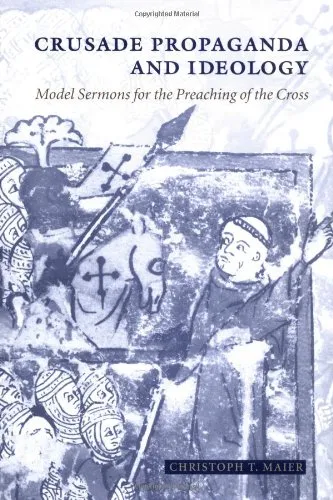Cleanest Race, How North Koreans See Themselves and Why It Matters
4.4
Reviews from our users

You Can Ask your questions from this book's AI after Login
Each download or ask from book AI costs 2 points. To earn more free points, please visit the Points Guide Page and complete some valuable actions.Related Refrences:
Introduction to "The Cleanest Race: How North Koreans See Themselves and Why It Matters"
In "The Cleanest Race: How North Koreans See Themselves and Why It Matters," B.R. Myers offers a groundbreaking exploration of North Korea’s national identity and the ideological framework that shapes the regime’s internal and external behavior. Dispelling the longstanding perception of the country as a traditional communist state, Myers argues that North Korea’s propaganda and worldview are built around a race-based, pseudo-religious nationalism that emphasizes ethnic purity, vulnerability, and an almost maternal veneration of its leaders. This book shines a light on a side of North Korea that remains poorly understood by the global community, explaining why its citizens are so fervently loyal and why the regime behaves in such an erratic and aggressive manner on the international stage.
Detailed Summary of the Book
At its core, "The Cleanest Race" argues that understanding North Korea requires us to look beyond its communist roots and dive into the unique, ultra-nationalist ideology underpinning the state. Drawing extensively from North Korea's own propaganda, books, films, and speeches, Myers demonstrates how the regime appeals to its citizens not through Marxist-Leninist rhetoric but by fostering a belief in the racial superiority and moral purity of the Korean people. This worldview presents the Korean race as a childlike, innocent group that must be protected from outsiders and guided by a benevolent but strict parental figure—embodied first by Kim Il-sung, later by Kim Jong-il, and now by Kim Jong-un.
Myers points out that the North Korean state has cultivated an image of itself as the ultimate guardian of the Korean race, tasked with defending against a hostile, exploitative outside world (with America and Japan being particularly demonized in its narrative). The book systematically deconstructs North Korean propaganda to expose how it emphasizes themes such as purity, discipline, self-sacrifice, and devotion to the leader. This pseudo-religious nationalism, Myers contends, is far more persuasive to North Korean citizens than the dry Marxist theories often associated with the regime.
Furthermore, Myers explores how this ideology drives North Korea's political strategies, including its brinkmanship and military provocations. By understanding the regime's worldview, readers gain a clearer perspective on why North Korea remains so resistant to external diplomatic efforts and why its people exhibit a remarkable degree of loyalty to their leaders, despite the country's dire economic conditions.
Key Takeaways
- North Korea is not a Marxist-Leninist state: While the regime uses the trappings of socialism, its true ideological core is based on race-based nationalism rather than class struggle.
- Propaganda as a psychological tool: The country’s propaganda appeals to emotions, portraying the Korean people as vulnerable and pure while casting foreign powers as eternal adversaries.
- The leader as a parental figure: North Korea's leaders are elevated to an almost divine status, seen as protectors who demand obedience and sacrifice in return for safeguarding the Korean people.
- Influence of historical grievances: Myers argues that Japan's colonial rule and Korea’s division have deeply shaped North Korea’s xenophobic and defensive ideology.
- Implications for foreign policy: To engage effectively with North Korea, the international community must acknowledge and address the foundational beliefs driving the regime’s actions.
Famous Quotes from the Book
"North Korea’s state ideology is less about socialism and more about the sanctity and purity of the Korean race, set in stark opposition to a world portrayed as hostile and corrupt."
"To understand how North Korea functions, we must first let go of the misconception that its people are brainwashed automatons. They are willing participants in a shared worldview, no matter how flawed it might appear from the outside."
"The portrait of America painted by North Korean propaganda is not just hostile; it is demonic. The United States is depicted as an eternal enemy with no redeeming qualities, responsible for all of the nation’s suffering."
Why This Book Matters
B.R. Myers' "The Cleanest Race" is an essential read for anyone seeking to understand North Korea, a country that remains one of the world’s most enigmatic and misunderstood nations. Unlike many other works that focus on the geopolitics or military tactics of the regime, Myers delves into the cultural and ideological fabric that sustains it. His book challenges conventional narratives, providing a fresh lens through which to view North Korea’s actions and motivations.
This book also has significant implications for policymakers and diplomats attempting to engage with the regime. By exposing the ideological drivers behind North Korea’s behaviors, Myers helps readers make sense of its seemingly irrational provocations and its population’s unwavering loyalty to its leaders. Understanding this unique blend of racial superiority and emotional nationalism is critical for crafting effective strategies for negotiation and conflict resolution.
In a world where North Korea is frequently dismissed as a "rogue state," "The Cleanest Race" encourages readers to take the regime seriously and to appreciate the psychological and cultural foundations that underpin its actions. It’s a book that not only informs but challenges us to rethink our perceptions of what might be the most secretive nation on Earth.
Free Direct Download
You Can Download this book after Login
Accessing books through legal platforms and public libraries not only supports the rights of authors and publishers but also contributes to the sustainability of reading culture. Before downloading, please take a moment to consider these options.
Find this book on other platforms:
WorldCat helps you find books in libraries worldwide.
See ratings, reviews, and discussions on Goodreads.
Find and buy rare or used books on AbeBooks.
1495
بازدید4.4
امتیاز0
نظر98%
رضایتReviews:
4.4
Based on 0 users review
Questions & Answers
Ask questions about this book or help others by answering
No questions yet. Be the first to ask!
